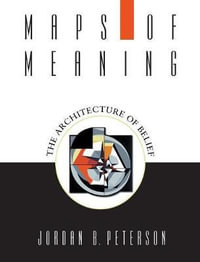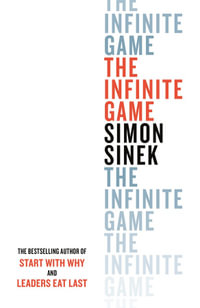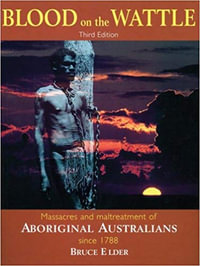In this short book, the leading German cultural critic Diedrich Diederichsen puts forward a fresh and original account of pop music. He argues that pop music is not so much a form of music but rather a constellation of different media channels, social spaces and behavoural systems, of which music is only part. As a constellation, pop music relates to other forms of music – popular, classical or folk – in the way that photography relates to painting, or cinema to theatre. Its own logic of attraction is based less on compositions and the expression of subjectivity and more on indexicality, real or pseudo-involuntary effects as recorded by sound technologies, and on studio discipline and staging, and hence on performance. Pop music came into existence when recipients became involved via a range of diverse and decentralized outlets like TV, transistor radio, 7"" singles, glossy magazines and jukeboxes in public spaces. They had to create a virtual unity out of these heterogeneous outputs in a process of active reception. Experiencing pop music is more than an act of listening: it is immersing oneself in an alternative ontological regime.
By elaborating his innovative account of pop music as a constellation, Diederichsen develops a theory of pop music that distinguishes itself from sociology, cultural studies, media studies and ethnography while at the same time drawing on and encompassing them all.
Industry Reviews
‘Diedrich Diederichsen’s book presents itself as a rigorous study of pop music considered as a thing in itself. That it is. But then you turn what seems to be a predictable corner and find yourself ambushed by sly humour, playfulness, a willingness to place large analytical bets on what seem to be slim chances. The book is filled with trap doors which open up again and again.’
Greil Marcus, author of Lipstick Traces: A Secret History of the 20th Century
‘Diedrich Diederichsen is an always compelling analyst of pop and rock music across all its many genres, and Aesthetics of Pop Music sheds new light on the capacities, identities and meanings of the form.’
Michael Bracewell, author of England is Mine: Pop Life in Albion from Wilde to Goldie
‘an engaging read… With arguments from the Frankfurt school, examples of performers ranging from the 1950s to the twenty-first century, discussion of modern technical recording methods, and commentary on social media, Aesthetics of Pop Music will appeal to a variety of readers, particularly those in multimedia and cultural studies'
Journal of the Society for Musicology in Ireland
























